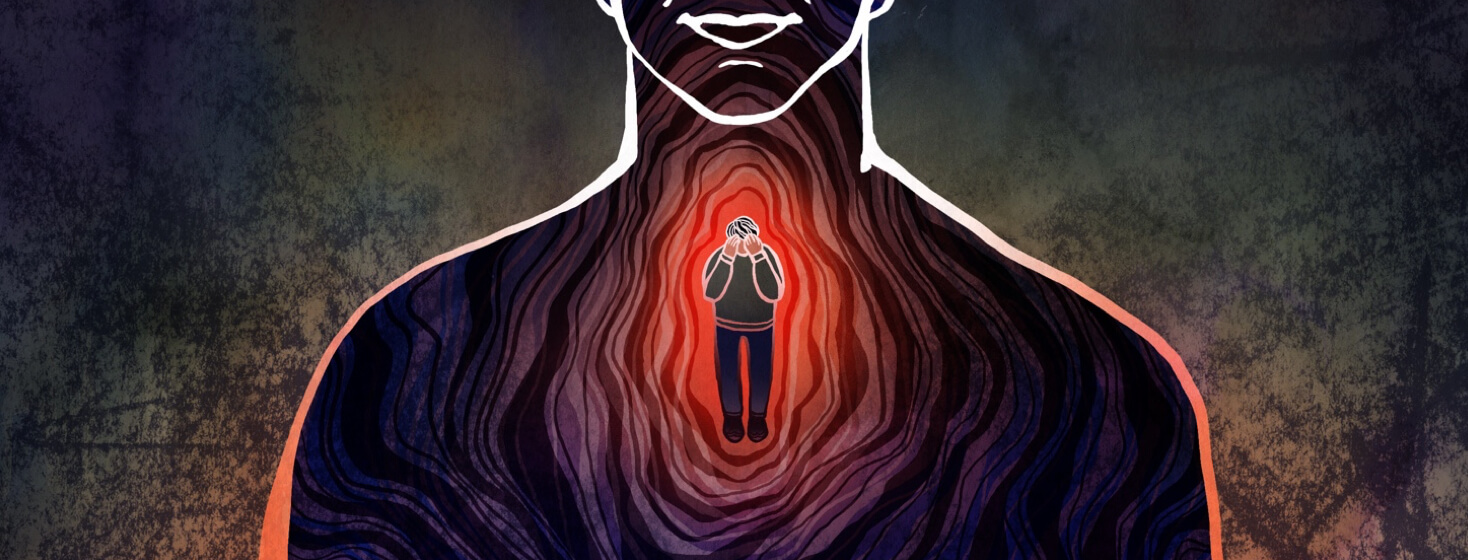Internalized Ableism
According to the definition given by Britannica, ableism is a type of discrimination where able-bodied people are seen as normal and superior to those with a disability, resulting in prejudice.1
With internalized ableism, I describe it as feeling that discrimination towards myself. Not advocating for myself because I don’t want to be an inconvenience. Going out of my way to make sure more able people feel more comfortable. Doing something because you should be able to do what everyone else does, even if it drains you.
Time to end internalized ableism
It’s time for us to stop internalizing these thoughts. We need to start believing that we deserve to be treated with compassion and respect. We shouldn’t have to change who we are for others' happiness.
Some of those idiosyncrasies, abnormalities, or flaws should be embraced and we need to acknowledge that everyone is imperfect. We do not exist to make life better for others.
Advocating for others is easier than advocating for me
Sometimes I feel like a hypocrite. I’ve advocated for others with disabilities for years and made sure that they had enough supports to accomplish the same things in life as anyone else. Although when it comes to my own disability, I hide it.
I feel others think I’m looking for excuses or pity, so I end up saying yes to more than I should. Where did this social worker mindset go when I require supports or accommodations to reach my own goals?
Boundaries and belonging
We need to start setting healthy boundaries with others and know when to put ourselves first. Surround ourselves with people who feel comfortable around our authentic selves. We may get sympathy when we play the disabled card, but it shouldn’t cloud our view between the care we actually need versus being pampered.
We shouldn’t believe that we don’t belong. We have to start to recognize that we may only need some accommodations; everyone needs something different to succeed. Just because we don’t all require that same assistance for the same task, this doesn’t mean our intellectual abilities, our emotional abilities, or our sense of passion for things is any different.
It becomes more obvious if you think of physical disabilities – if someone is unable to walk, a wheelchair may be needed. We wouldn’t even think twice about it!
'Normal' is a setting on a washing machine
We shouldn’t always assume our personal limitations are associated with having narcolepsy. Two people may have the same limitation, despite one of those people lacking any type of disability. Is there really such a thing as normal? No – normal is a setting on a washing machine.
We need to find those safe environments where we can be our true selves and don’t feel that we have to go to great lengths to hide our narcolepsy. We can’t become exhausted wearing a mask all the time.
Awareness is the first step
Easier said than done, isn’t it? I didn’t say I was an expert on the subject, but I’m here to bring awareness to the idea of internalized ableism. You may be an expert at managing your narcolepsy with medications or diet changes, but the way you deal with it psychologically is sometimes even more important.
By bringing awareness to this phenomenon, I hope that you can be more conscientious of when you experience your own internalized ableism. After all, the first step toward better emotional and physical health is awareness.

Join the conversation